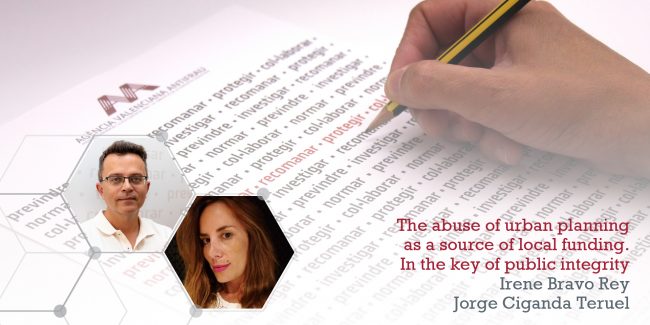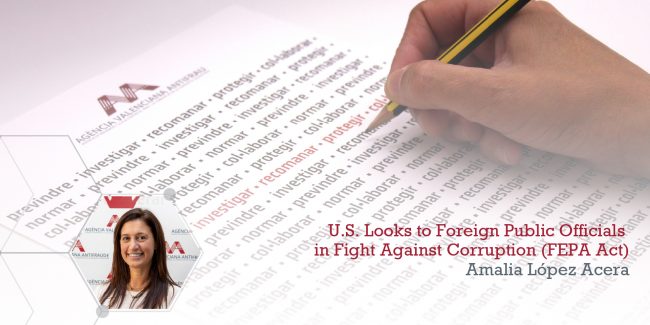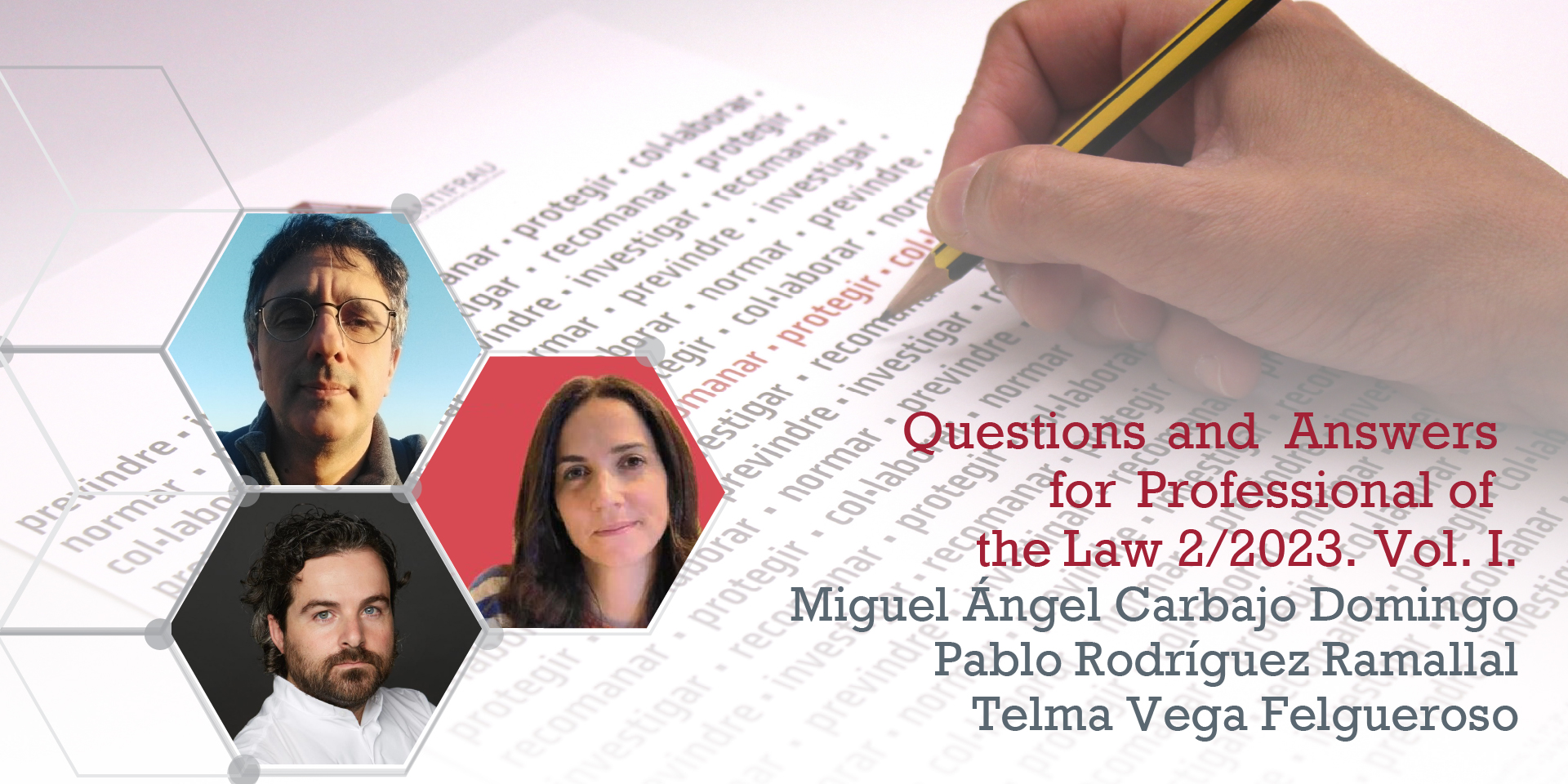The abuse of urban planning as a source of local funding. In the key of public integrity
We present here our Communication “The abuse of urban planning as a source of local funding. In the key of public integrity“, which was selected and presented at the International Congress on Land Uses to make the city (Universitat de València), and which you have at your disposal on the AVAF website[1]. Here are the main keys: 1.- The necessary link between urban planning and sustainability. We start here from the inseparable legal definition of territorial and urban development from the perspective of sustainability. After the time of the urban boom in our Region and the devastating effects of the subsequent financial crisis, which was particularly the real estate sector, regulations have been oriented towards the prevalence of the environmental paradigm. 2.-Other aspects of special consideration when regulating land uses in cities are directly related to public integrity or, rather, to their scarce application in the urban area and the risks that this entails.[2] In effect, a local public administration or instrumental public sector entity that, with competences or participation in the process of creating cities, looks the other way and postpones the fulfillment of obligations related to public integrity frameworks will be opening the doors to practice its public policies of housing or economic activities based on private interests, clashing squarely with the constitutional principles of good administration (objectivity, impartiality, effectiveness, efficiency, legality, among others).[3] 3.- Also in the field of urban planning (given its close link to public sector contracting) there has been abuse of the figure of jurisprudential construction and of an exceptional nature of unjust enrichment[4] as a justification for commissioning services outside the current legislation. 4.- In the years of great expansions and urban developments, Urban Planning has generated significant income derived from the urban planning action of public entities, with the insufficient funds of other chapters of the budget being a fairly widespread justification. We analyse the taxes related to urban planning, as well as the Rates, Special Contributions, Urban Planning Agreements… Notwithstanding these short-term justifications, we have encountered devastating consequences of the years of expansion of urban developments; these are accompanied by an increase in population and, with it, an increase in the obligations to provide public services such as: the maintenance of infrastructures; the construction of health, cultural, sports centers, etc. environmental services, among other mandatory services provided for in local regulations. 6.- In general, the economic activity generated by urban planning, when it derives from good leadership and good management, is positive. However, the lack of urban planning carries with it many risks that can lead to the waste of public money or the increase in social inequalities. The legal-administrative system of land management and planning has led to the implementation of an uncontrolled urban planning that is contrary to integrity, which distorts the legal system itself. The lack of justification for the urban development action leads to a possible misuse of powers, apart from incurring responsibilities of various kinds. Urban planning is, in fact, one of the main areas of practice fraught with potential risks of corruption. Throughout the country, there is no shortage of cases of urban corruption and therefore of a model of urban growth that is excessive, unsustainable, irrational, and consequently contrary to public ethics. 7.- At the regional level, the creation of the Valencian Agency for the Prevention and Fight against Fraud and Corruption (AVAF) or the Valencian Agency for the Protection of the Territory (an autonomous body of the Generalitat for the exercise of regional powers in matters of protection of urban legality) are evidence of the social rejection of urban irregularities contrary to public integrity and, ultimately, to the general interest. 8.- Our communication emphasizes that the only possible path towards the creation of cities and the organization of their uses from a perspective of serving the general interests, is in the key of public integrity, which involves urban planning coordinated with economic planning, which will avoid the improper use of urban planning as a source of financing. minimizing the waste of public money or the perversion of such legitimate purposes as the equitable distribution of benefits and burdens. 9.- In order to achieve sustainable territorial and urban development, we must avoid conduct contrary to integrity, internalizing throughout the public sector, all the rules already provided for in the legal system that design a system of public integrity. Thus, for the implementation of integrity, a prior self-assessment of the inherent risks in urban planning should be carried out.[5]The implementation of the Whistleblowing Channels is already a legal obligation for all public administrations, in accordance with Law 2/2023, of 20 February, regulating the protection of people who report regulatory and anti-corruption infringements. 10.- The promotion of both internal and external controls, throughout the decision-making process in the field of urban planning, will contribute to minimizing behaviors contrary to integrity, and thus allow urban developments in accordance with it. And this while being demanding the transparency of urban plans. In short, the harmonious interpretation of the legal system and the implementation of a transparent public administration will depend on whether the chosen territorial model is rational, sustainable and ethical and ultimately finds the legitimacy of society as a whole, banishing practices contrary to the law, the law and public integrity. We remain at your disposal for any questions or clarifications: prevención@antifraucv.es. Irene Bravo Rey Director of Prevention, Training and Documentation. Jorge Ciganda Teruel General Prevention Technician. [1] Congress Communication [2] In this regard, see also the OECD Handbook on Public Integrity, OECD Publishing, Paris. https://doi.org/10.1787/8a2fac21-es. [3] Article 103.1 of the Spanish Constitution of 1978 states: “The Public Administration serves the general interests objectively and acts in accordance with the principles of efficiency, hierarchy, decentralization, deconcentration and coordination, with full submission to the law and the law.” [4] See AVAF General Recommendation: “The Path…




